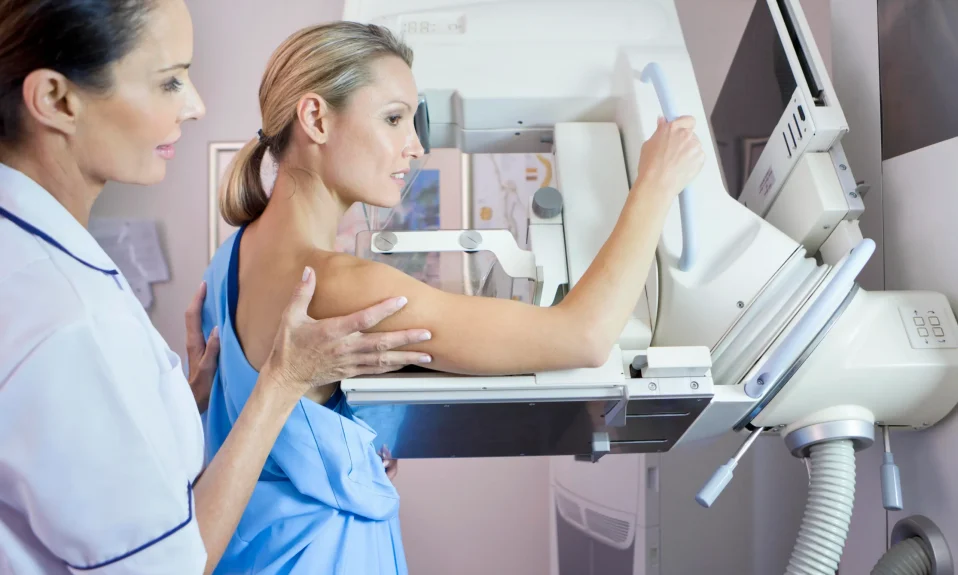Choosing a Pregnancy Care Center
When choosing a pregnancy care center, consider what to look for. First, a pregnancy care center should be non-sectarian and HIPAA-compliant. A pregnancy care center also provides medical services. A pregnancy center can help you decide on the right course of action for your pregnancy. In addition, it should offer a wide range of services, including family planning services.
Crisis pregnancy centers are not medical clinics
Although Crisis Pregnancy Centers are often advertised as medical clinics, they are not. Although they provide free ultrasound sonograms and provide counseling for women, they do not provide medical care or follow standardized medical ethics. These facilities are often run by volunteers with no medical training. The staff is also not qualified to provide medical advice about pregnancy.
While these centers are not medical clinics, they pose as such to lure women into obtaining an abortion. They may have ultrasound machines and staff dressed in white coats. They may also have professional-looking websites. If they’re close to a real clinic, they’ll often post signs that look like medical clinics. Moreover, these organizations have a strong religious agenda.
They provide medical services
A pregnancy care center offers medical services to expectant mothers-to-be, and it’s more than just a place to get a pregnancy test. They also provide practical help and referrals to other resources. These services improve a woman’s health and that of her baby. The center’s mission is to promote the well-being of both mother and baby. This is why it’s critical to find a facility that meets your needs.
Most pregnancy care centers are affiliated with one or more major pro-life organizations. In the United States, these organizations include Care Net, Heartbeat International, and the National Institute of Family and Life Advocates. These organizations are nonprofit organizations and are often affiliated with multiple pregnancy centers. Some of these organizations, such as Human Life International, operate Catholic pregnancy centers in Mexico and support a network of CPCs in other countries.
They are non-sectarian
While some pregnancy care centers are non-sectarian, many are firmly linked to a religion. Care Net, for example, requires its affiliated centers to adhere to the Care Net Statement of Faith. This statement is based on the National Association of Evangelicals’ Statement of Faith.
The primary mission of pregnancy care centers is to respect the inherent worth and dignity of unborn children. As such, they serve as a bulwark against the disposable culture of our society. Though their mission does not restrict access to abortion, they do provide a pro-life alternative. The state should not coerce such centers into participating in an abortion culture that they are not prepared to stand by.
Some centers are affiliated with the Heartbeat ministry, a looser association that requires members to follow 5 basic principles. Each Heartbeat center must have a board of directors, which is free to choose their management style. While the Heartbeat model does not require its members to disclose their statistics, Heartbeat pregnancy centers are encouraged to be entrepreneurial and see themselves as experts in their local communities. Heartbeat pregnancy centers are not required to adhere to a statement of faith, but many adhere to the Nicene Creed. Many centers also follow the Interdenominational statement of faith, which focuses on being inclusive rather than exclusive.
They follow HIPAA
First Care Pregnancy Center says on its website that the privacy of its patients is paramount. But Myers is skeptical of the ability of such facilities to keep patient information confidential in the event of a legal action. HIPAA regulations require that parties that hold protected health information enter into a protective order, which requires them to maintain the confidentiality of that information during litigation. Once litigation is over, the information must be destroyed.
Many crisis pregnancy centers do not follow HIPAA laws, and may not be fully staffed by doctors. Therefore, it is important to ask whether a pregnancy center follows HIPAA rules. In addition, make sure to read the fine print carefully. Some crisis pregnancy centers will state in the small print that they may share your confidential information with others.
They don’t share client information with other anti-abortion organizations
A public interest law firm in Pennsylvania has argued that state laws don’t allow CPCs to share client information with other anti-abortions groups. While the Alliance’s findings appear to support the CPCs’ claim, there are still some concerns. Many advocates worry that CPCs lack medical licensure and are unprotected by privacy laws.
Some anti-abortion centers have religious affiliations and do not provide medical care. While some offer free services to pregnant women who refuse an abortion, others require patients to attend anti-abortion parenting classes and workshops. As a result, women at these centers may be unaware of these risks.
Moreover, some centers may share client information with anti-abortion organizations. This could be risky, as the government can arrest a woman for disclosing that she has thoughts of abortion. And there is also a risk of feticide, which is the crime of disclosing information about an unplanned pregnancy.
Our previous post Risks and benefits of co-sleeping in our article Benefits, cosleeping ve Risks information about.














